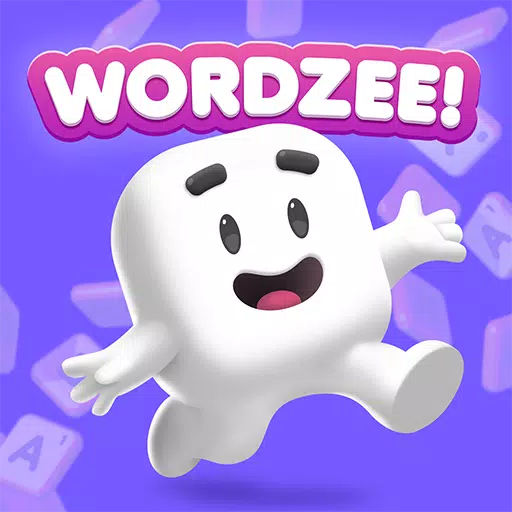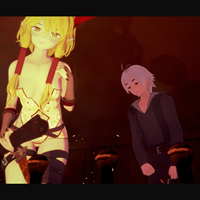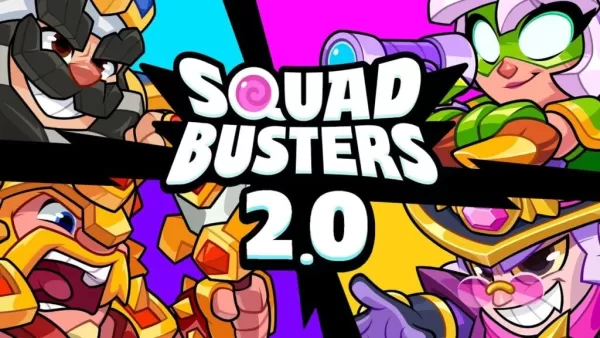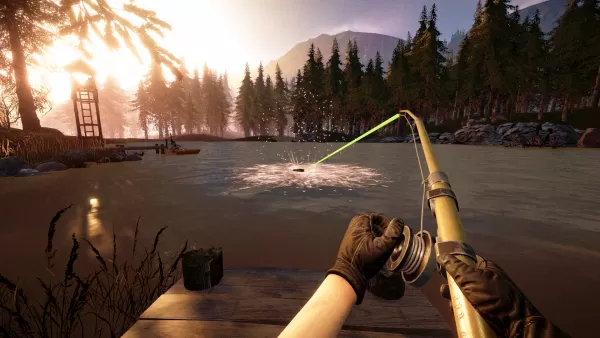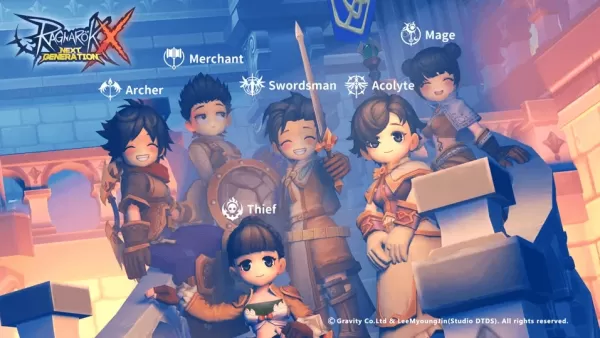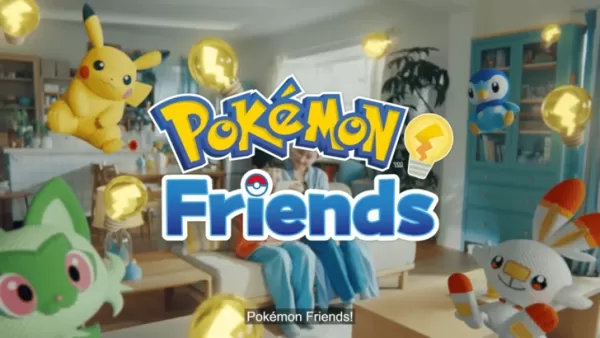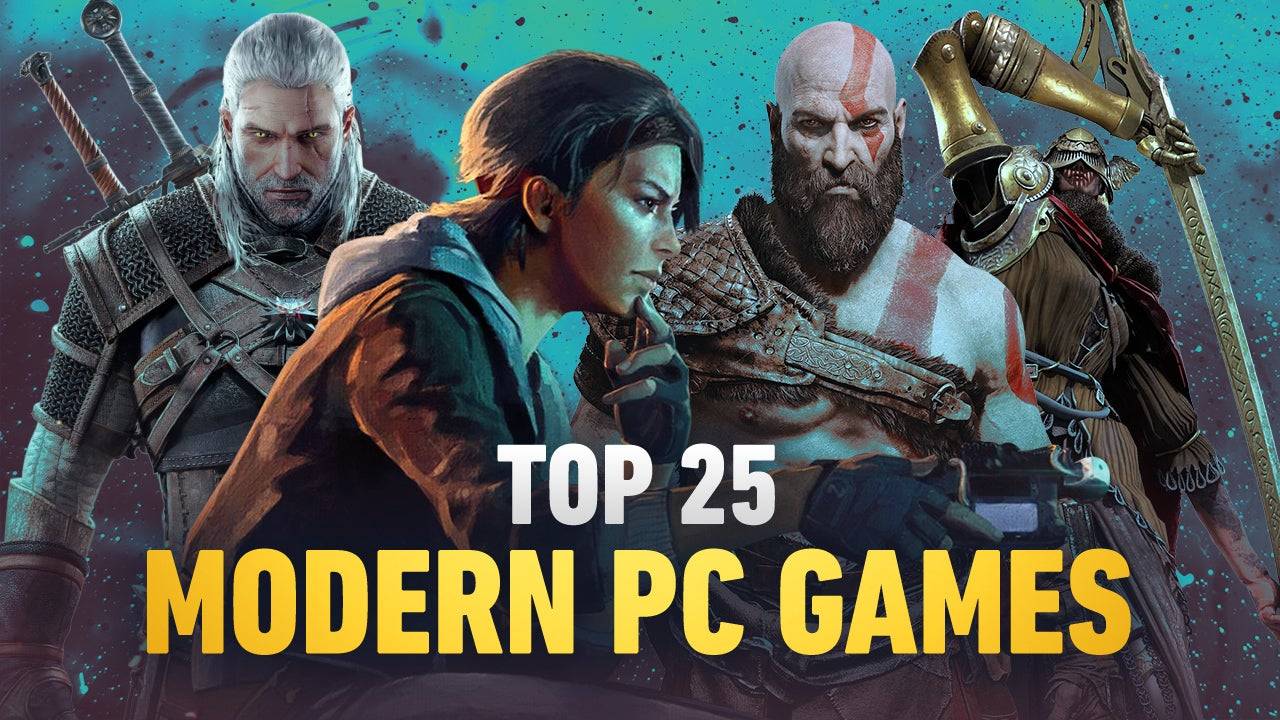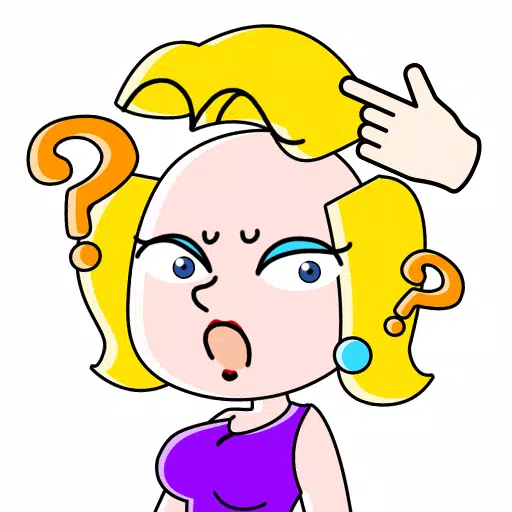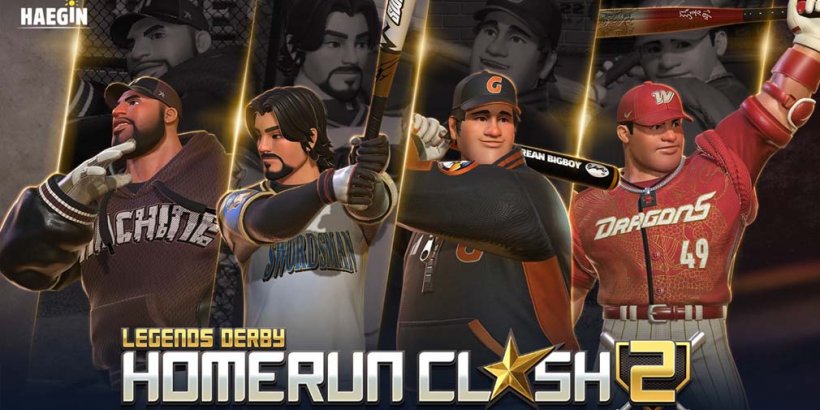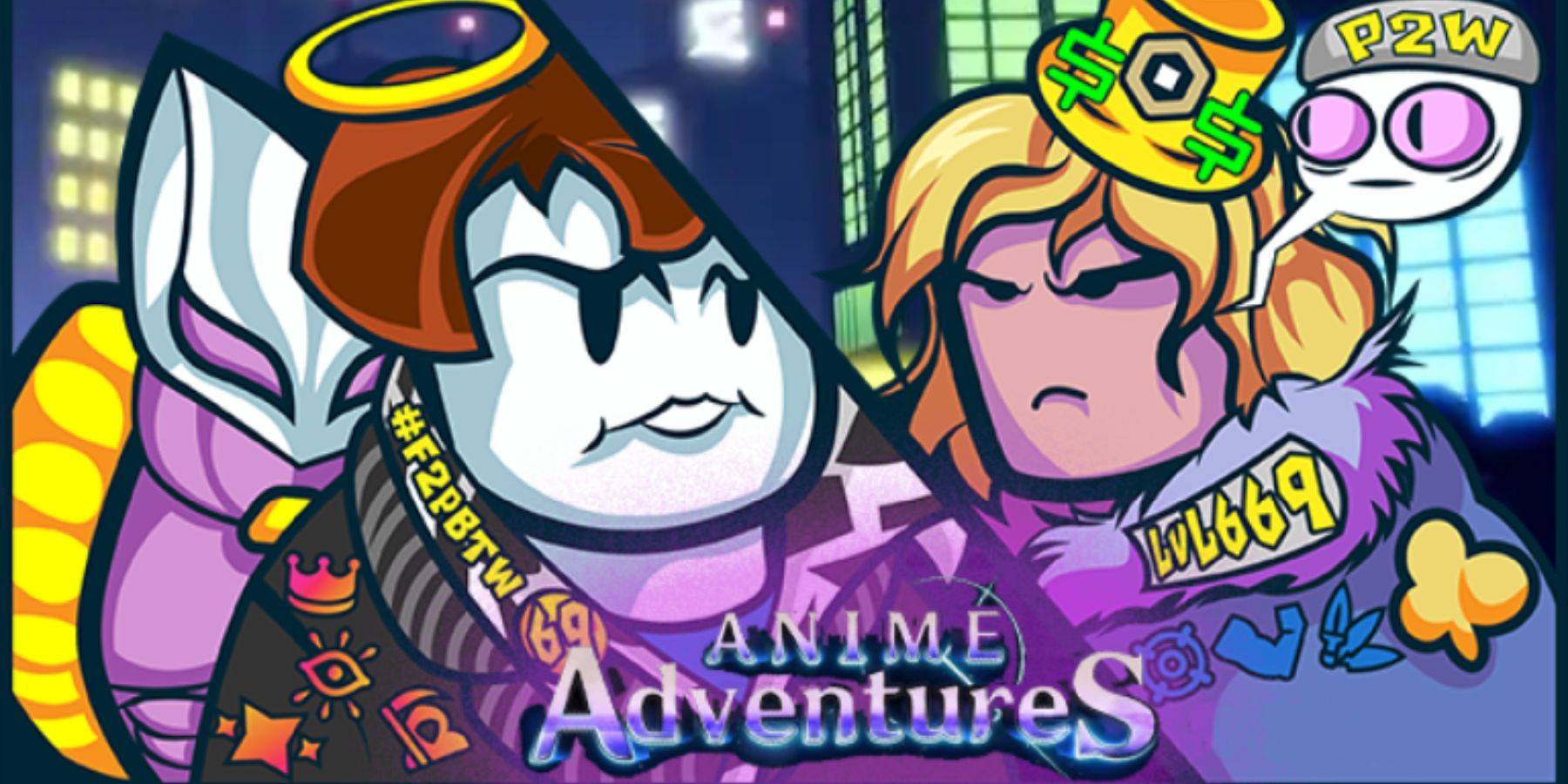How Monster Hunter Took Over the World
Before its global launch, *Monster Hunter Wilds* shattered pre-order records on Steam and PlayStation, echoing the phenomenal success of its predecessors, *Monster Hunter Rise* (2022) and *Monster Hunter: World* (2018). This achievement solidified Capcom's unique RPG series as a global gaming giant. However, this wasn't always the case.
Less than a decade ago, such widespread global popularity would have seemed improbable. The 2004 original received mixed reviews. It wasn't until the 2005 PSP release that the series truly exploded—in Japan. For years, *Monster Hunter* exemplified a game series significantly more popular in Japan than internationally. This article explores the reasons behind this and Capcom's successful strategy for global expansion, culminating in the triumphs of *Monster Hunter: World*, *Rise*, and now *Wilds*.
This is the story of *Monster Hunter*'s journey from domestic darling to global phenomenon.
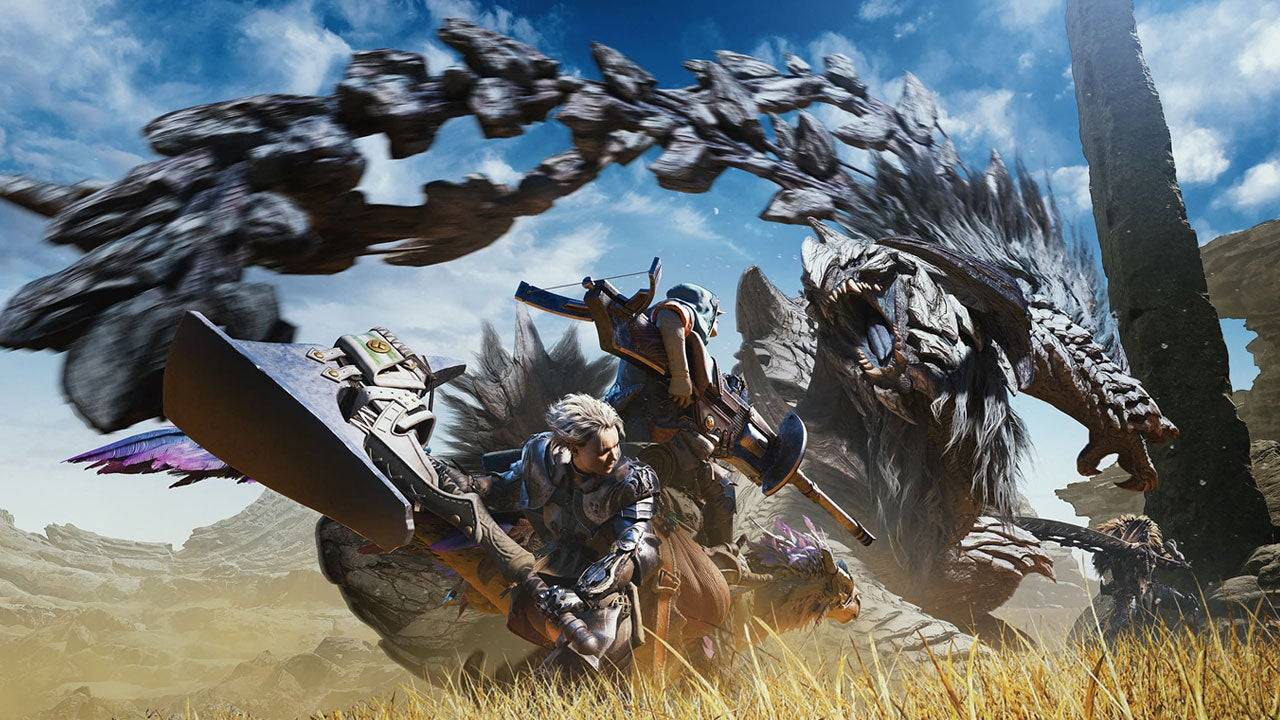
Around the 2016 launch of *Street Fighter V*, Capcom underwent a significant internal restructuring to prepare for a new generation of games powered by the RE Engine, replacing the aging MT Framework. This wasn't merely a technological shift; it involved a mandate to create games appealing to a global audience, not just existing regional fanbases. Hideaki Itsuno, a former Capcom game director known for *Devil May Cry*, explains: "The change of the engine and all teams were given a very clear goal…to make games that reach the global market. [Games] that are fun for everyone."
Capcom's PS3 and Xbox 360 era games often seemed geared toward a perceived "Western market." While *Resident Evil 4* was a hit, titles like *Umbrella Corps* and the *Lost Planet* series, chasing late-2000s Western trends, fell short. Capcom realized the need for universally appealing games.
"I think that we had that clear goal of just focusing and not holding anything back," Itsuno states, "towards making good games that would reach people from all over the world." He notes that the period leading up to 2017, with the launch of *Resident Evil 7*, marked a pivotal turning point in Capcom's approach.
No series better embodies this global strategy than *Monster Hunter*. While it had Western fans, its popularity in Japan far surpassed that in other regions. This wasn't intentional; several factors contributed.
The shift to PSP with *Monster Hunter Freedom Unite* proved crucial. The handheld market was always stronger in Japan, boosted by the PSP, Nintendo DS, and later the Switch. According to executive producer Ryozo Tsujimoto, Japan's advanced wireless internet infrastructure enabled reliable multiplayer gaming among friends, a key factor in *Monster Hunter*'s success. This was years ahead of the US.
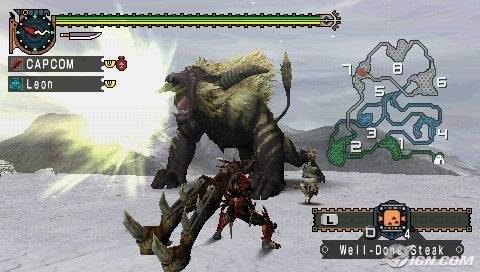
"20 years ago, Japan was in a very, very solid state in terms of the network environments available to people," Tsujimoto explains, "and being able to connect and to play online together…by moving over to handheld systems, we were able to grow that player base that was interacting and playing multiplayer together."
This created a cycle: *Monster Hunter* games became bestsellers in Japan, leading to Japan-exclusive content and events, further reinforcing its "Japan-only" image. However, Western fans yearned for inclusion.
With improved Western internet infrastructure, Tsujimoto saw an opportunity. *Monster Hunter: World* (2018), released simultaneously worldwide on PS4, Xbox One, and PC, marked a significant shift. It offered AAA console quality, larger scales, and bigger monsters.
"Our approach…really ties into…the name of the game," Tsujimoto reveals. "The fact that we called it *Monster Hunter: World* is…a nod to…appealing to this worldwide audience."
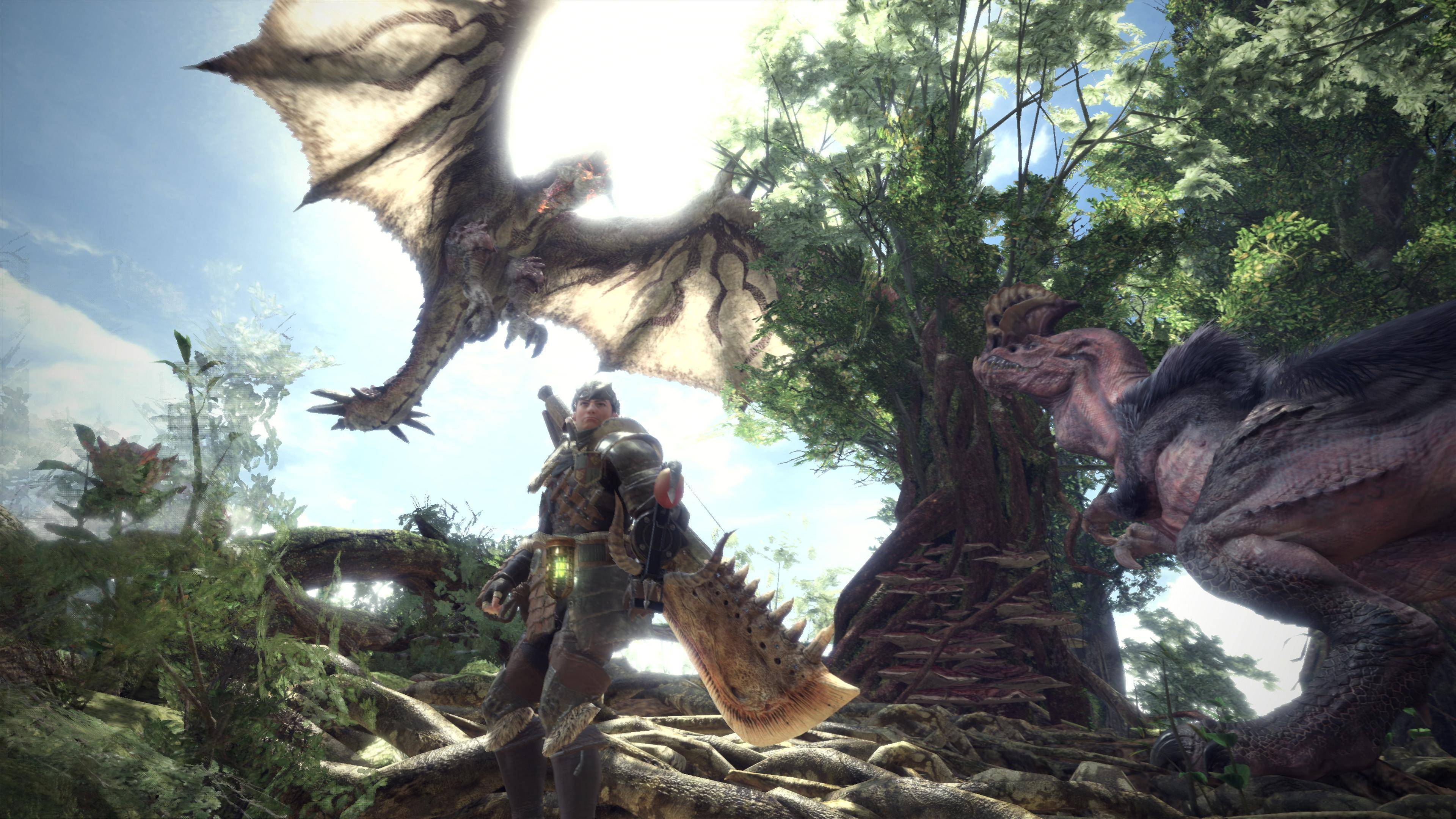
Simultaneous global release and the elimination of Japan-exclusive content were crucial. Tsujimoto's team conducted global playtests to refine the formula for broader appeal.
"We did focus tests…across the world…the feedback…affected how we designed our game systems," Tsujimoto says.
One key change was displaying damage numbers. These subtle improvements propelled *Monster Hunter* to unprecedented heights. Previous titles sold 1.3 to 5 million copies; *Monster Hunter: World* and *Rise* each surpassed 20 million.
This wasn't accidental. Instead of altering *Monster Hunter*'s core, Capcom focused on making its unique aspects more accessible to a wider audience. This approach continues with *Monster Hunter Wilds*.
"At its heart, *Monster Hunter* really is an action game," Tsujimoto explains. "But for newer players…getting to that sense of accomplishment is what we're trying to strategize for…analyzing where players got stuck…getting player feedback…and all of that…has impacted how we've implemented new systems into *Wilds*."
Within 35 minutes of release, *Monster Hunter Wilds* reached 738,000 concurrent Steam players, exceeding *Monster Hunter: World*'s peak. Positive reviews and promised future content suggest *Wilds* will continue the series' global conquest.




